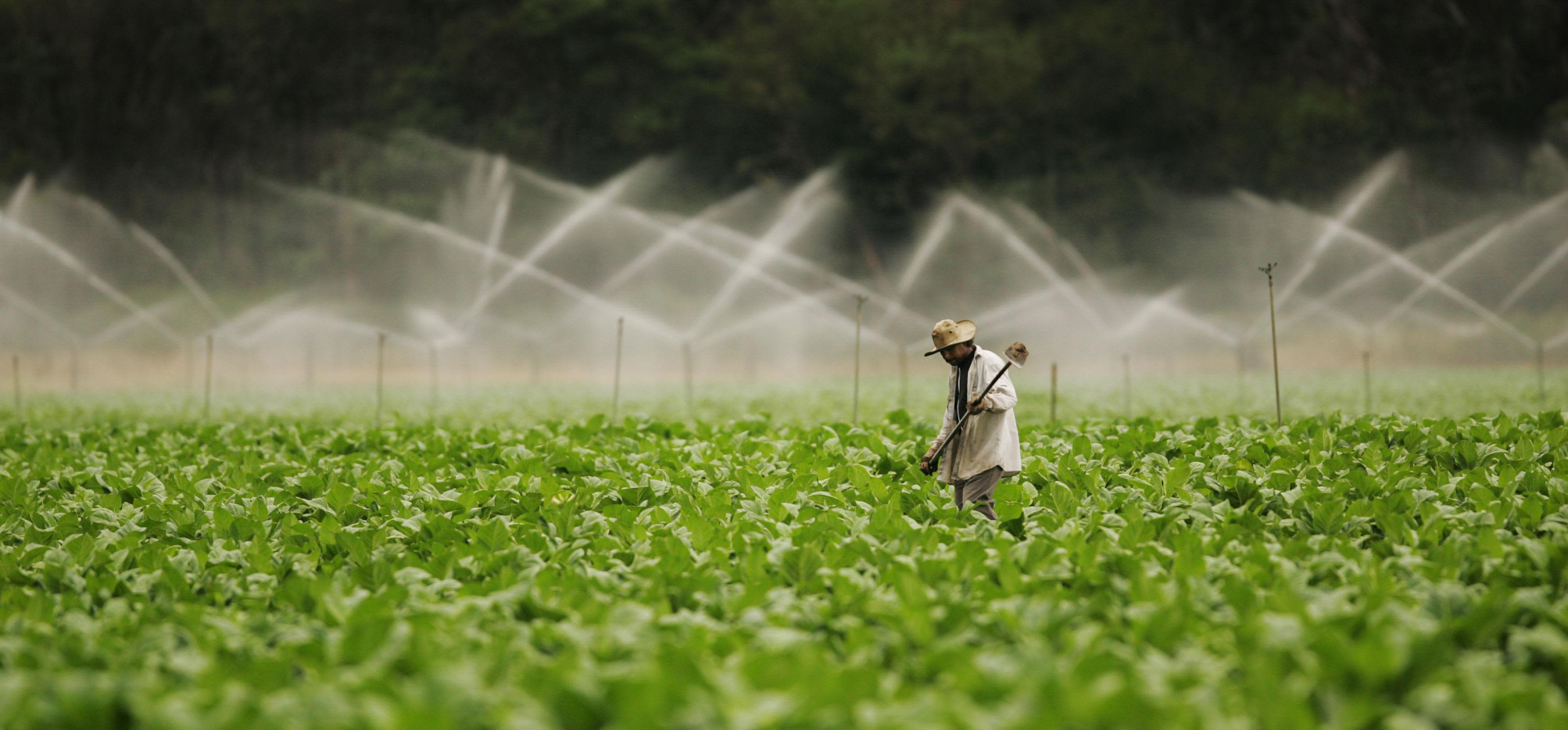Thailand’s Baiya Phytopharm wants to develop the country’s first plant-based Covid vaccine.
The start-up, founded by Dr. Suthira Taychakhoonavudh and Dr. Waranyoo Phoolcharoen in 2018, has been working on a vaccine using the leaves of an Australian tobacco plant.
Suthira, a 37-year-old lecturer at Chulalongkorn University, told CNBC’s “Managing Asia” that she and her team of scientists want to “make a difference” in changing Thailand from a vaccine importer to a vaccine maker.
Baiya is the first Thai company to enter the university’s CU Innovation Hub, a research center for start-ups, to develop technology to manufacture recombinant proteins that can produce medicines and vaccines.
The three-year-old start-up is funded by grants from the Chulalongkorn University Alumni and the Thai government. It also has raised some $3 million from a crowdfunding exercise.
The company completed phase one human trials of its plant-based Covid vaccine in December last year. No plant-based Covid vaccines exist anywhere, though at least one other besides Baiya’s is in development.
“So far, what we know is that … all the volunteers are safe. And looking at the safety profile, we are very happy with it,” said Suthira.
She added that it’s still too early to ascertain its efficacy rate, but the goal is to use available vaccines as a benchmark.
The pharmaceutical company says it expects phase two trials to start in February and phase three trials in June. It hopes to submit data to the Thai Food and Drug Administration for approval of the vaccine by the third or fourth quarter of this year.
The company said it can quickly increase its production capacity if the vaccine is approved.
“Currently, our facilities can produce around five million dose of vaccines per month, which is around 60 million doses of vaccine per year,” said Suthira.
She added that the same production facilities will be able to produce vaccines not just for Thailand but also for the region.
Baiya wants to demonstrate that Thailand can “invent new vaccines and new drugs to tackle its own public health issues,” she said. The company is using the same tobacco plant to develop anti-cancer drugs and anti-aging treatments.
As a start-up, Baiya is still not making money, but Suthira said the goal is not to maximize profits but to build a credible research industry in Thailand that will attract talent from the next generation.
“And we want to make pharmaceutical products that we produce to be an affordable product,” not just for Thai people but for others who lack access to medicine, Suthira said.
